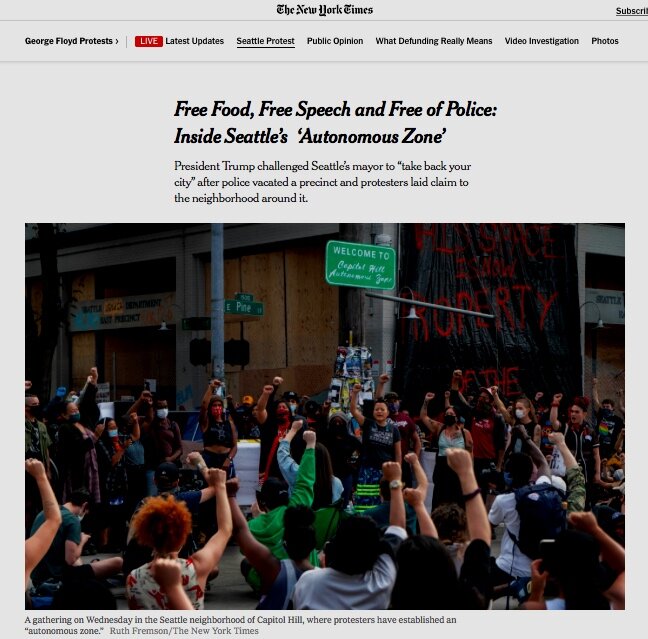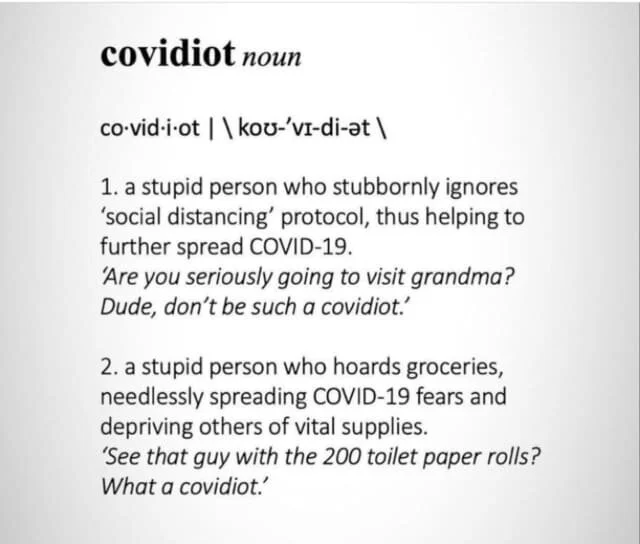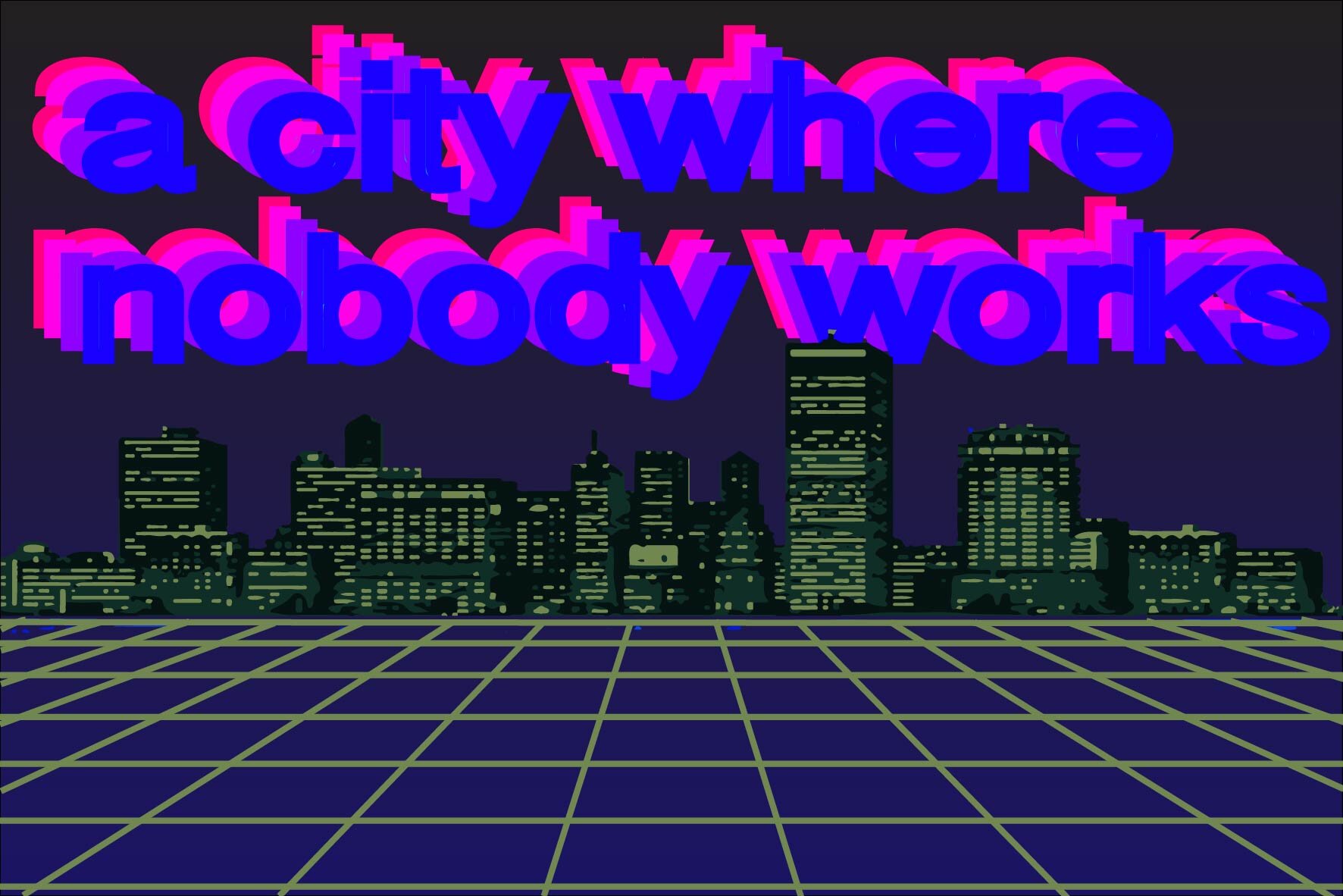Recently, I've been working on oppression.
The following quote is from Iris Marion Young: “In its traditional usage, which most people retain, ‘oppression’ means the exercise of tyranny by a ruling group. . . . New left social movements of the 1960s and ‘70s, however, shifted the meaning of the concept. In its new usage, ‘oppression’ designates the disadvantage and injustice some people suffer not because a tyrannical power intends to keep them down, but because of the everyday practices of a well-intentioned liberal society. In this new left usage, the tyranny of a ruling group over another . . . must certainly be called oppressive. But ‘oppression’ also refers to systemic and structural phenomena that are not necessarily the result of the intentions of a tyrant. Oppression in the structural sense is part of the basic fabric of a society, not a function of a few people’s choice or policies. You won’t eliminate this structural oppression by getting rid of the rulers or making some new laws, because oppressions are systematically reproduced in major economic, political, and cultural institutions. Thus, one reason that ‘oppression’ is not commonly used to describe injustice in our society is that the prevailing political discourse does not have a place in its social ontology for structuration and social groups.” (1) Liberal society is unable to recognize oppression, Young explains, “using instead the term ‘discrimination’ to refer to some of the injustices [that] radicals call oppression.” (2) Unlike oppression, discrimination requires a discriminating agent—it “is a methodologically individualist concept”—and it is therefore apparently much easier to diagnose and call out. Yet in a bizarre hybrid development, a generation of liberal advocates of social justice have perhaps mixed up the meaning of oppression and discrimination, assuming that where there is oppression, there must be obvious oppressors, just as with discrimination there are individuals doing the discriminating. As long as they remain within the liberal ontology, these advocates of social justice are unlikely to adequately theorize and address the truly systemic causes of oppression, as they struggle in vain to isolate individual oppressors, since much of the oppression they oppose “often exists in the absence of overt discrimination.” (3) Moreover, such an understanding of oppression ought to expand our understanding of who is oppressed, to include groups and individuals who are coerced systemically, but not discriminated against overtly. This begins to reveal a second weakness in prevailing (liberal) social justice discourses: they tend to neglect and negate the oppression of those who are not overtly and/or blatantly discriminated against in visible and established ways.
(1) Iris Marion Young, “Five Faces of Oppression,” Rethinking Power, Thomas W. Wartenberg, eds. (Albany: State University of New York Press, 1992), pp. 175-76.
(2) Young, 176.
(3) Young, 177.


















